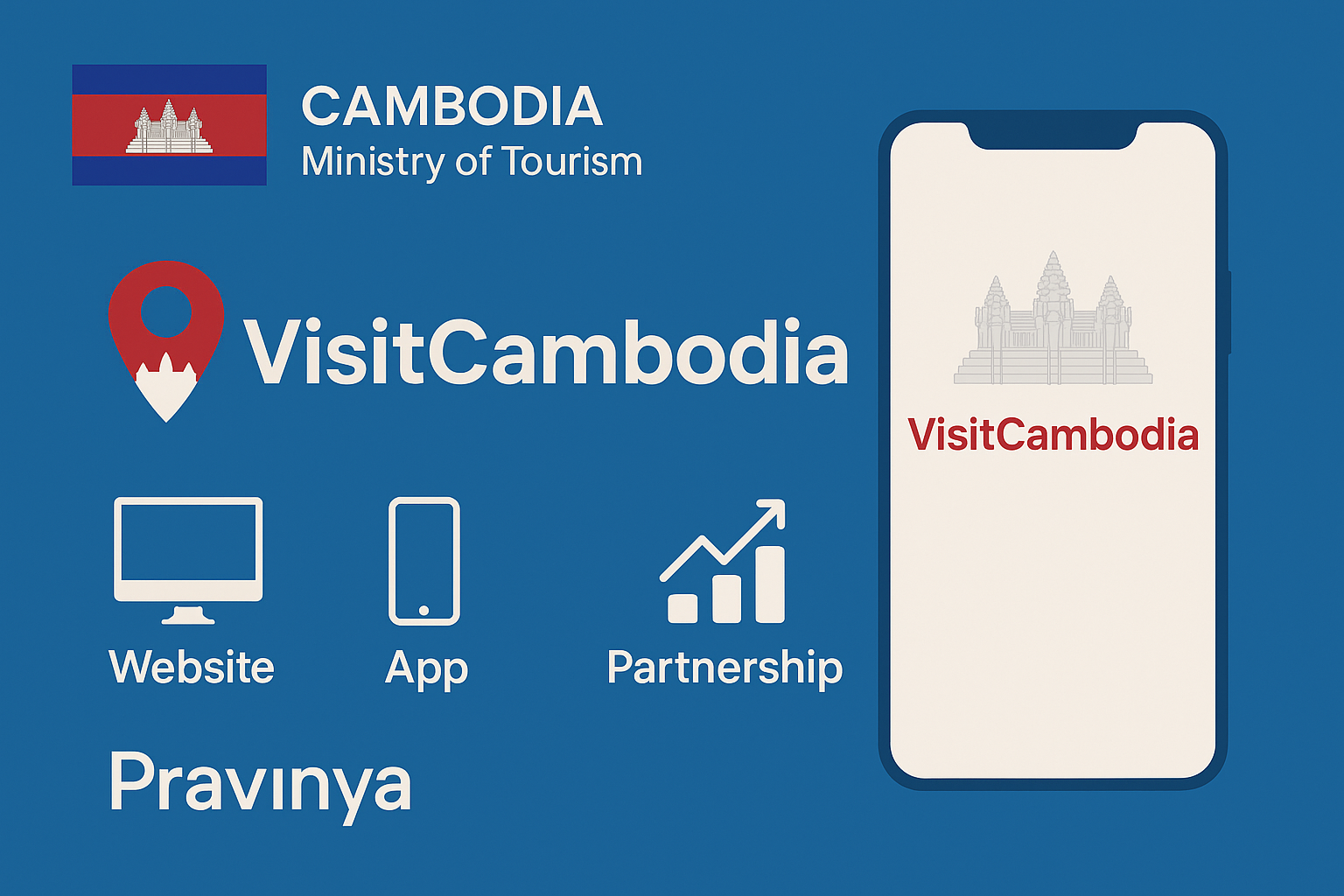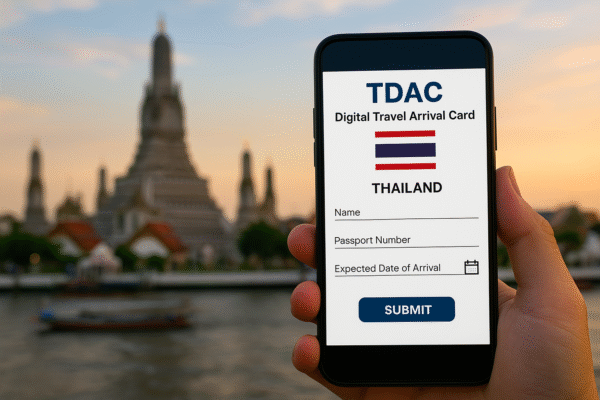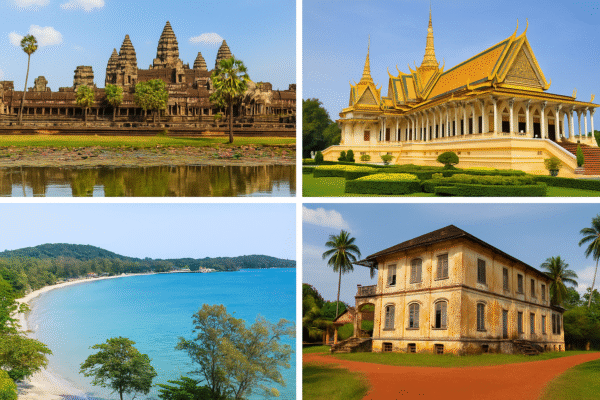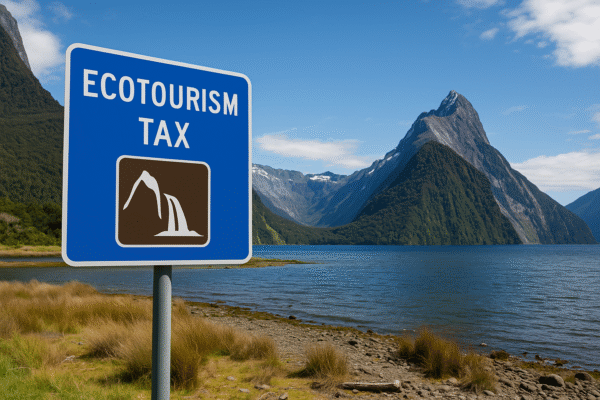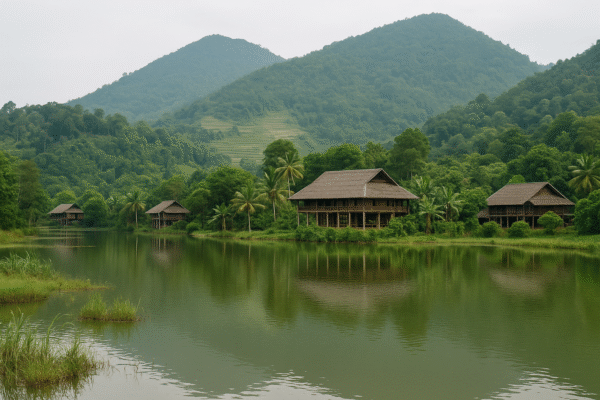Abuja, Nigeria – August 5, 2025
Nigeria’s tourism industry is on the verge of a transformative shift as stakeholders gear up for the highly anticipated 2025 Destination Nigeria Governors’ Tourism Conference, scheduled for August 25–26, 2025, in Abuja. The event promises to be a milestone in shaping a future where tourism becomes a central pillar of economic development, job creation, and national cohesion.
Despite Nigeria’s immense cultural and ecological wealth, its tourism sector remains largely underdeveloped. With over 200 ethnic groups, 45+ waterfalls, numerous UNESCO heritage sites, and globally recognized festivals, the country has all the ingredients to emerge as a premier destination in Africa.
Driving Economic Growth and National Unity Through Tourism
According to Ayo Omotoso, a seasoned tourism expert and convener of the conference, Nigeria must view tourism as more than just a leisure activity—it should be a strategic economic sector. Speaking at a pre-conference press briefing in Lagos, Omotoso emphasized that tourism can play a major role in diversifying Nigeria’s economy and reducing dependency on oil.
“If we harness our tourism assets effectively, we can increase internally generated revenue, create sustainable jobs, and promote national unity,” said Omotoso.
Countries such as Kenya, South Africa, and Ghana have successfully leveraged their tourism sectors for economic gain. Nigeria, with its superior cultural depth and geographic diversity, has the potential to outperform them—provided it builds the right infrastructure and policy frameworks.
2025 Governors’ Tourism Conference: A Turning Point for Nigeria
Set in Nigeria’s capital city of Abuja, the upcoming Governors’ Tourism Conference is expected to bring together state governors, federal policymakers, private investors, tourism experts, NGOs, and digital innovators. The goal: to initiate actionable strategies that position tourism as a national economic engine.
Conference Highlights:
- Nigeria Sustainable Tourism Awards
- Domestic Tourism Expo
- Cultural Exhibitions and Festivals Showcase
- Technology & Innovation Panels
- State-by-State Tourism Presentations
Beyond boosting visibility, the conference seeks to forge partnerships between the public and private sectors to ensure long-term investments in the sector. Importantly, it also aims to underscore how tourism can act as a peacebuilding tool, uniting Nigerians across diverse regions and ethnicities.
Exploring Nigeria’s Unique Tourism Assets
From the Ogbunike Caves in Anambra to the Yankari National Park in Bauchi, every Nigerian state has something unique to offer. However, many of these destinations remain inaccessible or poorly promoted.
According to data from the Nigerian Tourism Development Authority (NTDA), only a fraction of Nigeria’s potential tourist destinations are fully developed or marketed. Omotoso calls on states to “take ownership” of their cultural and natural assets to attract visitors and investments.
Top Attractions With Economic Potential:
- Zuma Rock, Niger State
- Erin Ijesha Waterfalls, Osun
- Argungu Fishing Festival, Kebbi
- Durbar Festival, Kano
- Idanre Hills, Ondo State
Incorporating these attractions into Nigeria’s national tourism blueprint can catalyze local economies, especially through community-based tourism initiatives.
Tourism as a Catalyst for Job Creation and Revenue Growth
Tourism isn’t just about sightseeing—it’s a multi-sectoral industry that stimulates demand in hospitality, transportation, food services, entertainment, and crafts. The World Travel & Tourism Council (WTTC) estimates that one in 10 jobs globally is connected to tourism. Nigeria could potentially create millions of jobs by fully activating its tourism sector.
Moreover, tourism generates foreign exchange earnings, promotes entrepreneurship, and strengthens SMEs. As Nigeria looks to diversify its economy away from oil, investing in tourism offers a sustainable and inclusive pathway for economic growth.
Digital Innovation: A Game Changer in Nigeria’s Tourism Strategy
One of the most forward-thinking features of the upcoming conference is the Digital Innovation Pavilion, where startups and tech leaders will showcase how digital tools can revolutionize the tourist experience in Nigeria.
Examples of Tech-Driven Tourism:
- Virtual tours of heritage sites
- Online booking for hotels and tour guides
- Mobile travel apps for domestic itineraries
- Drone-based aerial tourism marketing
Digitalization can enhance accessibility, improve security, and increase international visibility for Nigeria’s attractions—especially for a growing global audience of tech-savvy travelers.
Call to Action: Strengthening Domestic Tourism
While international tourism is critical, experts like Omotoso stress the importance of promoting domestic tourism first. Encouraging Nigerians to explore their own country not only boosts the economy but also fosters a sense of national pride and unity.
To this end, state governments are being urged to invest in local infrastructure, security, road networks, and marketing campaigns. Domestic travel can serve as a springboard for international arrivals, especially as Nigerians themselves become ambassadors of the country’s tourism treasures.
Conclusion: The Road Ahead for Nigeria’s Tourism Sector
The upcoming 2025 Destination Nigeria Governors’ Tourism Conference offers a rare and powerful opportunity to reimagine tourism in Nigeria. With its unmatched cultural diversity, scenic landscapes, and rich historical heritage, Nigeria has all it takes to become a tourism powerhouse in Africa.
However, realizing this vision will require commitment from government, collaboration with the private sector, and robust policy frameworks. If the momentum created by this conference is sustained, Nigeria’s tourism industry could become a beacon of economic growth, social unity, and global recognition in the years ahead.
For more travel news like this, keep reading Global Travel Wire



